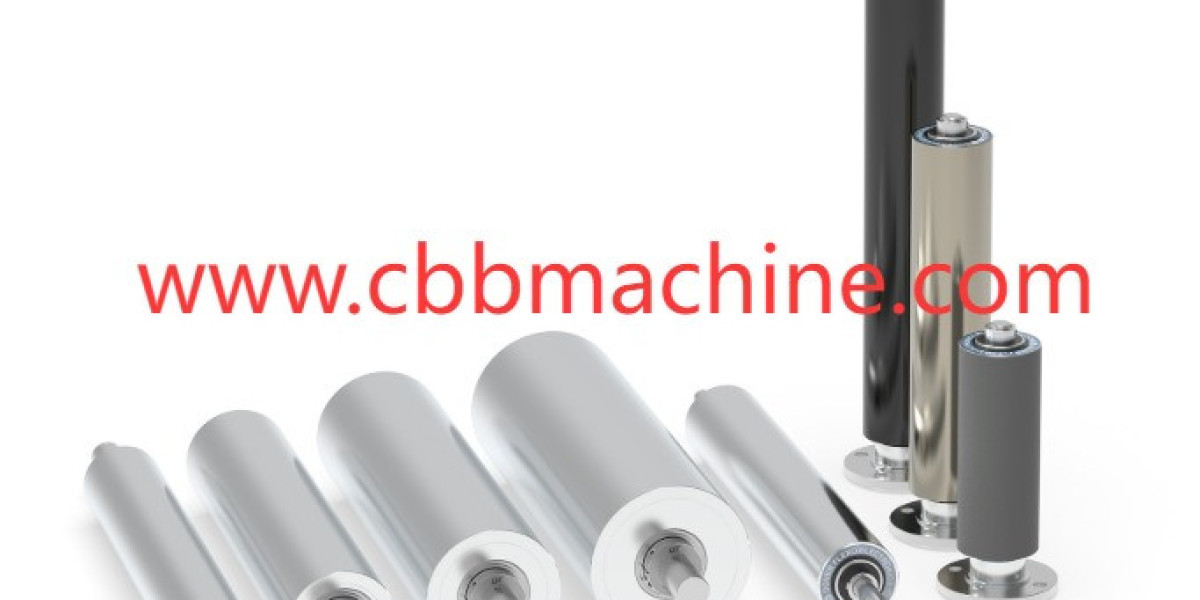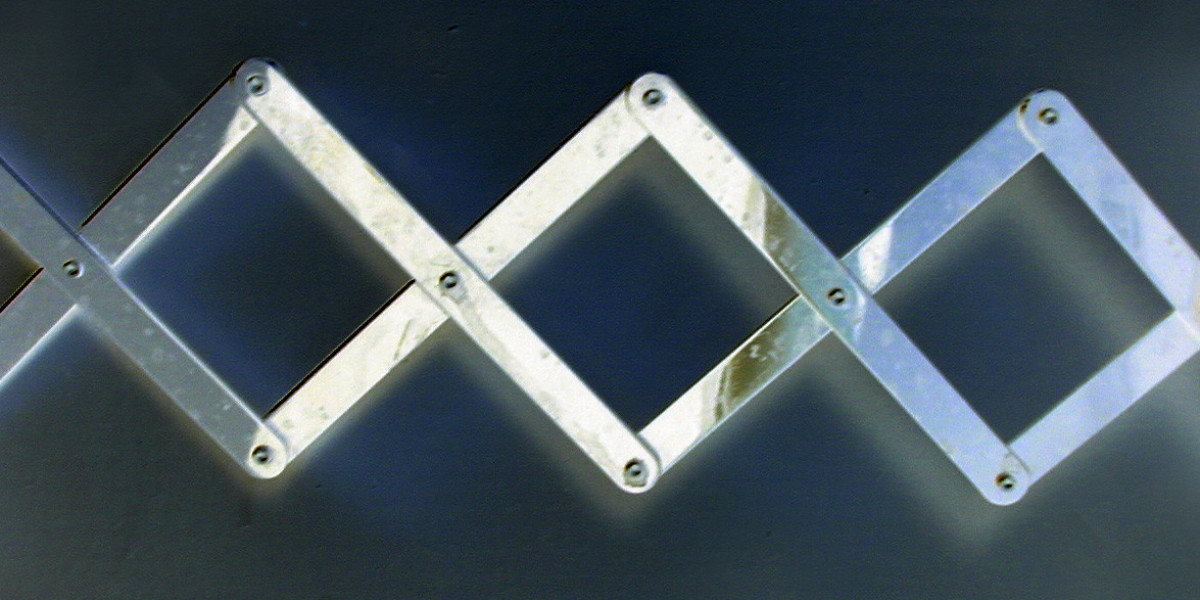In the field of industrial machinery, the Aluminum Roller has established itself as a component of growing importance, and Cbbmachine has centered much of its work on advancing this technology. Designed to provide a balance of strength, precision, and adaptability, this element quietly influences a wide range of production lines by enabling smoother processes and consistent results.
The appeal of aluminum in roller design begins with its material properties. Strong yet lightweight, it allows machines to operate with reduced inertia, supporting faster responses while conserving energy. This combination makes it practical for industries where continuous movement, precise handling, and reliable durability are essential. By minimizing unnecessary strain, it helps extend the lifespan of associated equipment and maintain stable performance over time.
Another critical factor is flexibility. Different sectors—from packaging and printing to textiles and film—require rollers with varied surface treatments or finishes. Aluminum provides a versatile base that accommodates coatings and adjustments to suit unique production needs. The result is a component that can be adapted rather than replaced, offering manufacturers options that align with their evolving processes.
Durability is also significant. Production environments demand equipment capable of operating over extended cycles without compromising quality. The resistance of aluminum to corrosion and wear makes it particularly suited to these conditions, reducing the frequency of maintenance and enabling companies to uphold consistent schedules. This resilience contributes directly to efficiency by lowering downtime and operational costs.
Precision remains another defining strength. A roller’s geometry and surface accuracy directly influence material movement. Misalignment or uneven surfaces can lead to waste, inefficiency, or compromised product quality. Aluminum-based rollers provide the consistent accuracy required to maintain alignment, guide materials smoothly, and ensure reliable throughput. This precision has become a quiet but crucial foundation of modern manufacturing reliability.
In addition, the role of sustainability has grown in importance. Aluminum is recyclable, making it compatible with initiatives that prioritize responsible resource use. By adopting components that can return to circulation without major quality loss, industries strengthen their ability to meet environmental goals while sustaining productivity. The aluminum roller thus represents both an engineering choice and a contribution to larger ecological strategies.
Looking forward, its integration into automated systems highlights its ongoing relevance. Automation requires dependable parts that synchronize seamlessly with digital control and robotics. By combining mechanical reliability with adaptability, aluminum rollers continue to support evolving production landscapes where stability and accuracy must coexist with technological advancement.
Ultimately, the aluminum roller exemplifies how essential progress often comes from components that do not dominate attention but sustain every stage of industrial performance. Its role is not only technical but also strategic, shaping efficiency, stability, and responsibility within modern manufacturing.
For those interested in how this component could influence their own operations, the answer does not rest in speculation. Take the first step directly and visit https://www.cbbmachine.com/news/industry-news/mechanical-expand-chuck-s-application-and-future-development.html , where insight transforms into solutions and ideas turn into practical opportunities.








